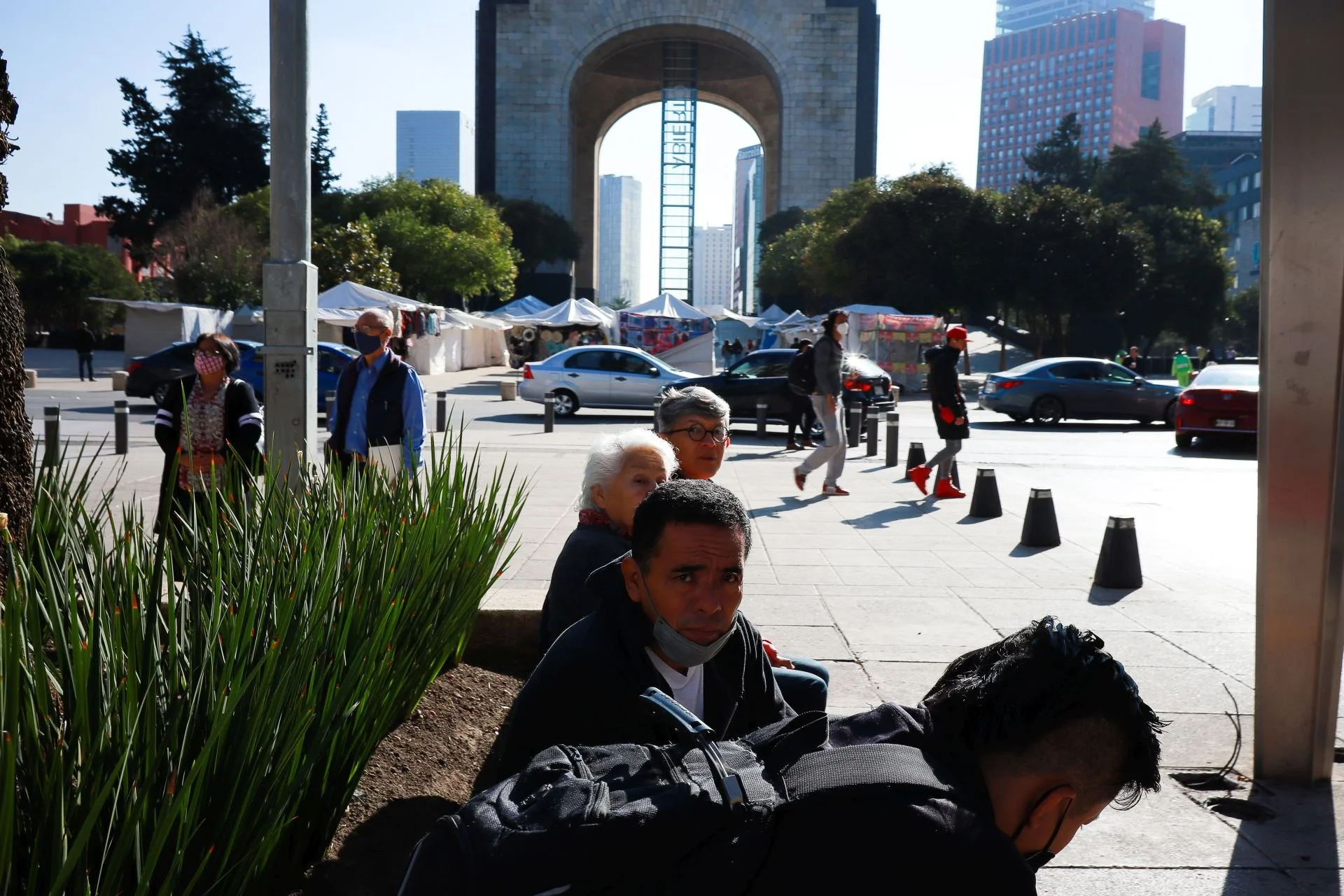The democratic act of photographing on the street
Today I refer to a master that is always an inspiration. I am talking about William Eggleston.
The William Eggleston’s Democratic Forest title refers to a democracy of vision, through which the most mundane subjects are represented with the same complexity and significance as the most elevated.
The power of ordinary is raised to poetry.
About William Eggleston I share here a small text I written yesterday:
William Eggleston is also quite hated. This is because his photograph is pimp and fragile at the same time. Because she dares to be highly valued in art circles. Yet it is an instant snatched from life. But a snapshot that shows timelessness. Eggleston's photography is a slap in the face to those who pose as a photographer and live on certainties derived from the orthodox approach. That's why it annoys many. Conceptual but real, vivid, yet he does not shout, he does not pretend to delight the observer and rather responds with the white noise of silence, or the muffled noise of an often disturbing American province. The atmospheres are those. Of that desperate cry of the suburb. Where serial killers design their translucent dreams of insane violence. It is no coincidence that a common thread unites Eggleston with the work of two other great ones: Sternfeld and Crewdson. But if you think about it we could also mention Lynch's visual research. Eggleston tells us about deep America, the one where blood often gushes. A restless photograph that cannot be understood or shared by everyone.
Alex Coghe, 2022
In my research, as a street photographer, I try to bring out everyday moments that are not and do not pretend to be spectacular but rather whisper that normality that is extremely real. While there are photographers who through composition and light are constantly engaged in creating spectacular frames, I rather focus on detail and observation of moments that become fragments recorded thanks to my camera.
I don't do photography to win prizes. And I don't do photography to get likes. Rather I try to propose content that can reach someone's heart. For me it is more important to receive the respect of some photographer or critic I admire rather than the approval of the mass. Why do I do photography? What do I want to give to photography with my work, my research and my approach? I'm not interested in overly didactic photography. I am more interested in both as a photographer and as an observer of moments that are not reassuring. That's one of the reasons I'm a huge fan of Japanese photography.
The photographer's instinct for preservation would suggest an easier approach, something that can be easily accepted by the large audience. But it wouldn't be mine. It wouldn't be fun and, to evoke the title of this piece, it wouldn't be democratic. Because a democratic act is also to respect one's voice and try to express it. I feel I have to give more space to those who live in my shots than to myself. and if you think it is a contradiction of the above, maybe it is. Because the process is a continuous struggle inside and outside myself.


